The NanoCorr, Energy & Modelling (NCEM) Research Group, led by Professor Zulfiqar Khan at Bournemouth University, has made pioneering developments in the field of thermal energy storage, an area critical to the future of renewable energy. Their groundbreaking work in enhancing the performance of latent heat storage systems using phase change materials (PCMs) has been featured on the International Atomic Energy Agency (IAEA) website—marking a prestigious global endorsement of their innovations in clean energy technologies.

A Leap Toward Sustainable Energy
As the world shifts from fossil fuels to renewable sources, the ability to capture and store energy efficiently is a central challenge. PCMs—materials that absorb and release heat during phase transitions (like melting and solidifying)—offer an ingenious solution. NCEM’s research focuses on improving these materials’ thermal conductivity, stability, and compatibility with various containers, making energy storage more efficient, stable, and commercially viable.
Their study reviews and categorises organic paraffins and inorganic salt hydrates, the most promising groups of PCMs, highlighting enhancements like encapsulation, multi-PCM integration, and advanced container geometries. These techniques significantly boost energy capture rates and storage capacity, making clean energy more practical for widespread use.
Real-World Impact and Innovation
Backed by five industry-funded and match-funded projects, NCEM’s efforts have not only led to commercial patents in the UK and USA, but have also influenced engineering solutions for solar heating, industrial heat recovery, and smart building technologies. These contributions align strongly with several United Nations Sustainable Development Goals (UNSDGs):
Goal 7: Affordable and Clean Energy
Goal 9: Industry, Innovation, and Infrastructure
Goal 12: Responsible Consumption and Production
Goal 17: Partnerships for the Goals
Global Recognition: Why the IAEA Feature Matters
The International Atomic Energy Agency (IAEA), an influential global body under the United Nations, works to promote the peaceful use of nuclear and clean energy technologies. Being featured on their platform is a significant milestone—it underscores the global relevance, technical merit, and strategic value of Professor Khan’s research. It also places Bournemouth University and NCEM at the heart of international discussions on sustainable energy systems.
This acknowledgment by the IAEA is a testament to the NCEM team’s commitment to tackling real-world problems with innovative science. It further demonstrates the potential of UK-led clean energy solutions to contribute to a low-carbon, energy-secure future for all.
A Bright Future for Clean Energy
The research led by Professor Zulfiqar Khan exemplifies how innovative materials science and engineering can drive change on a global scale. With continued support and collaboration between academia and industry, NCEM is set to play a pivotal role in accelerating the transition to clean, resilient energy systems worldwide.
Acknowledgements: Dr Zakir Khan (NCEM ex PGR/ Post Doc) and Professor A Ghafoor.



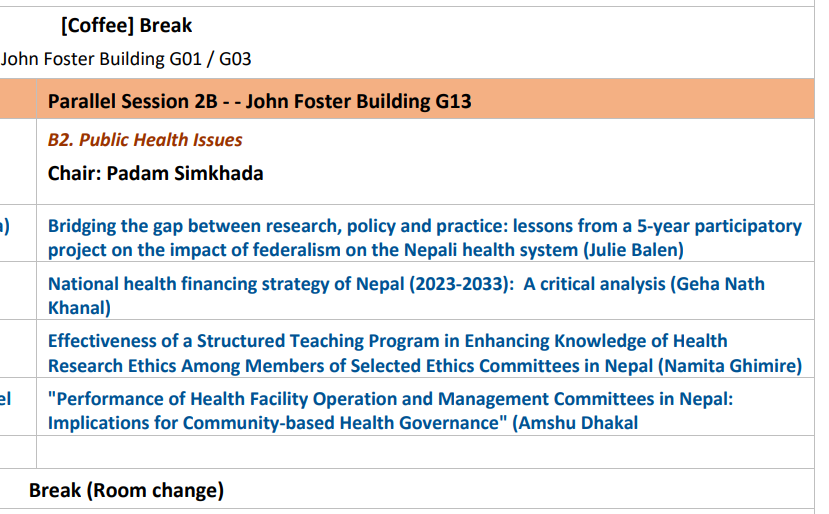




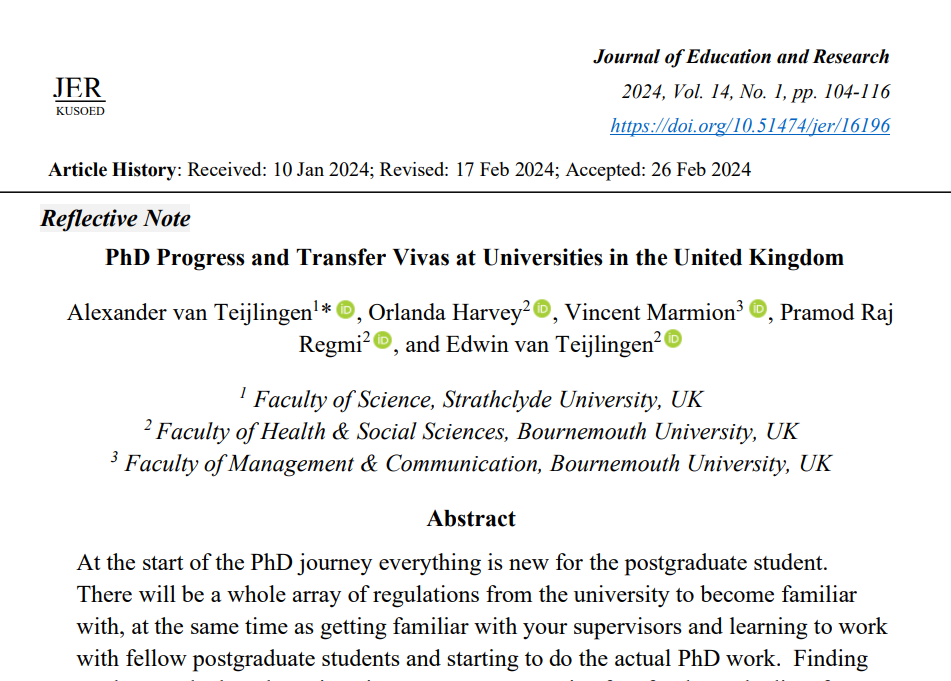

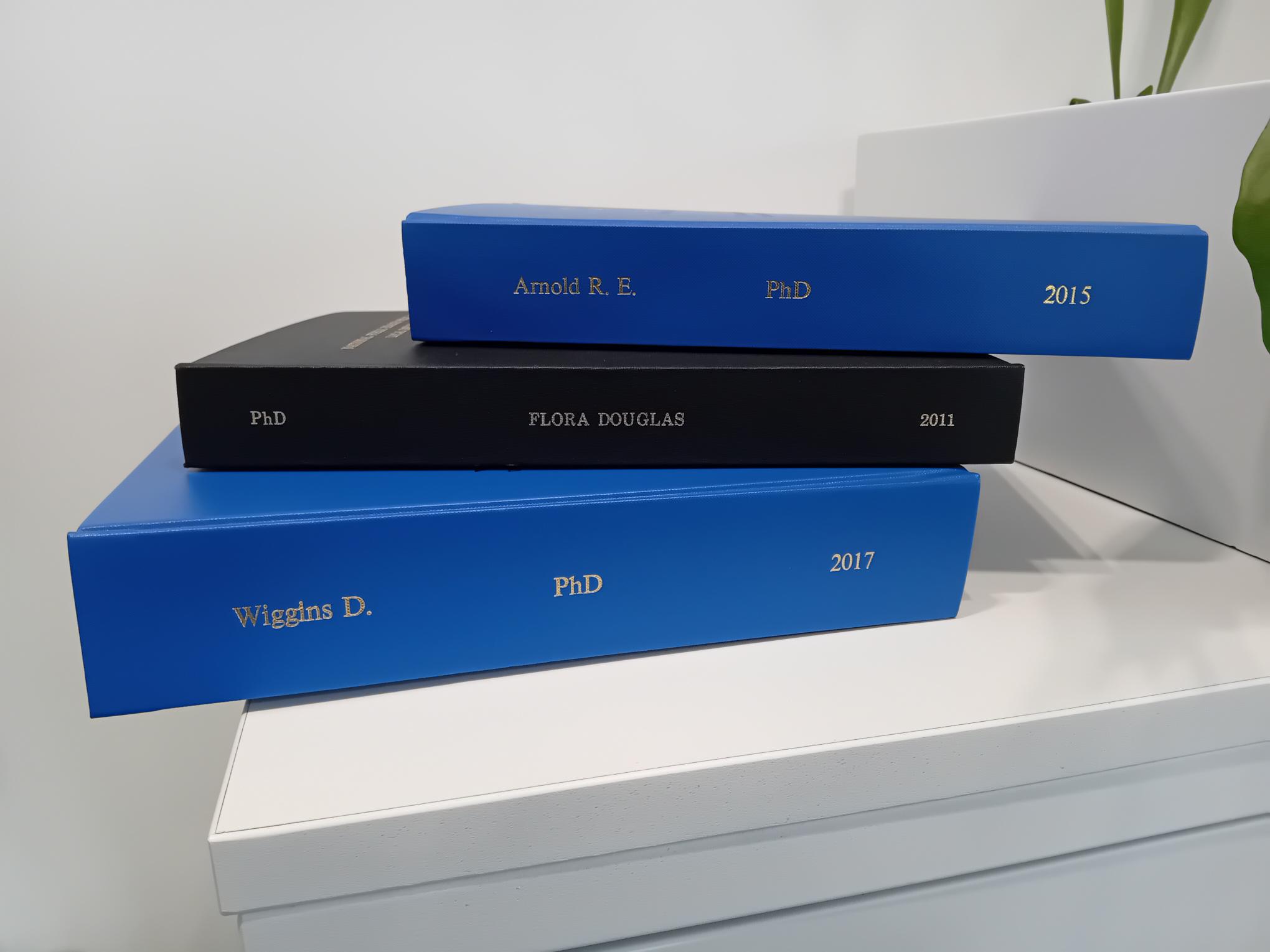

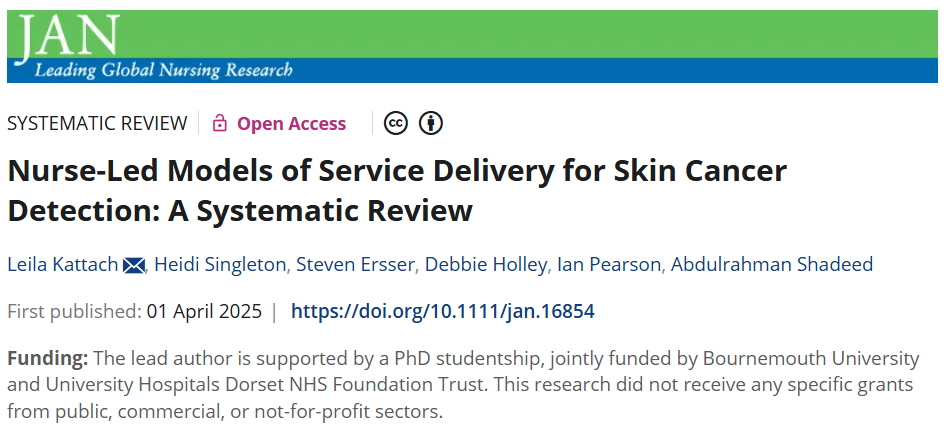


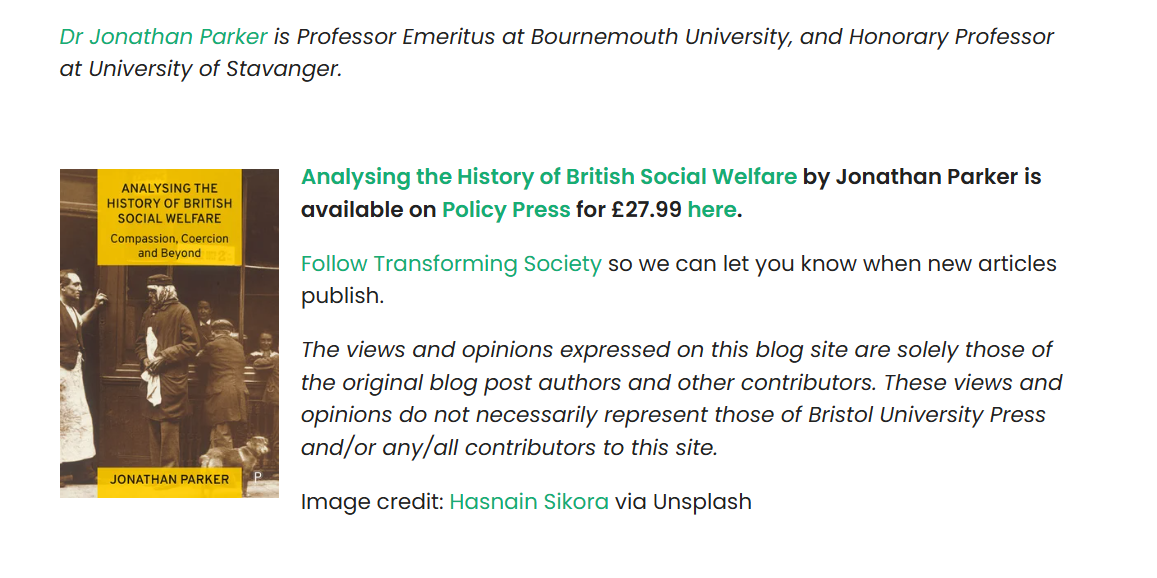
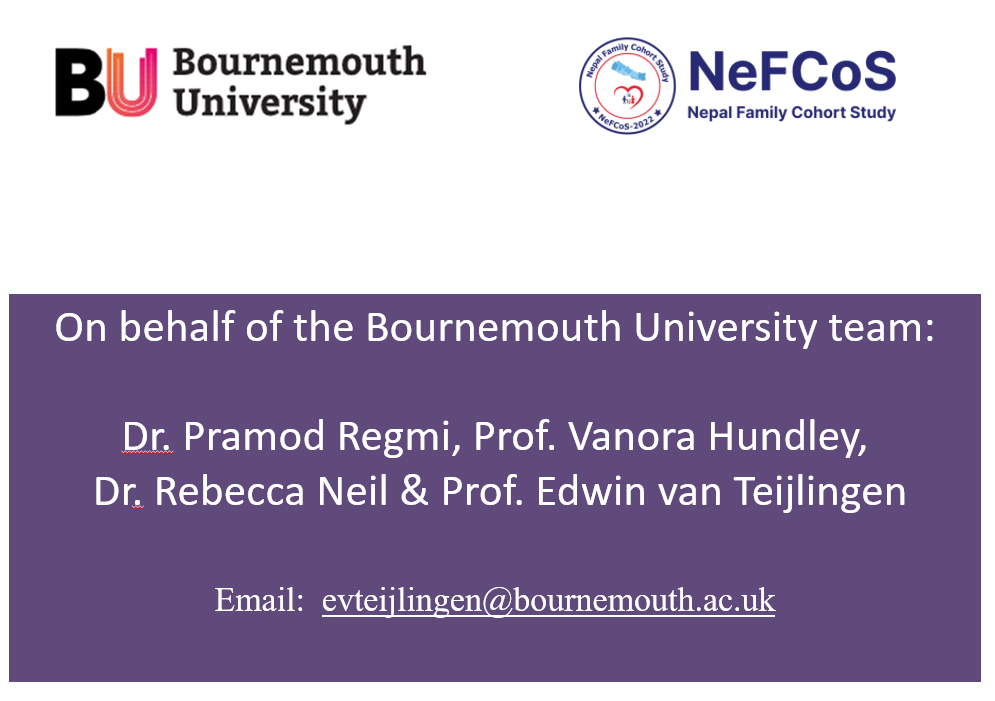
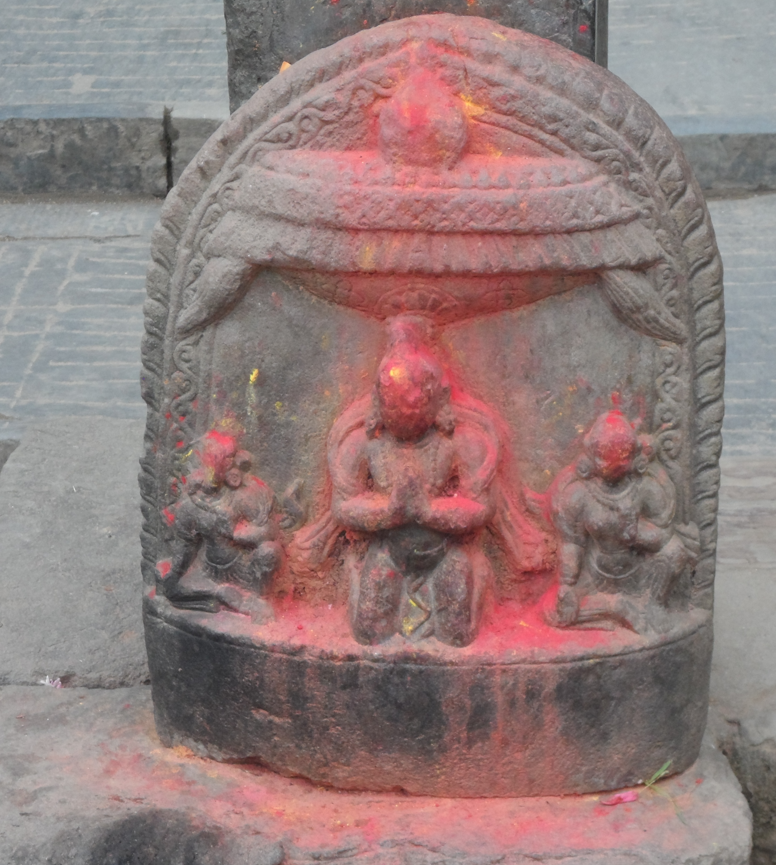
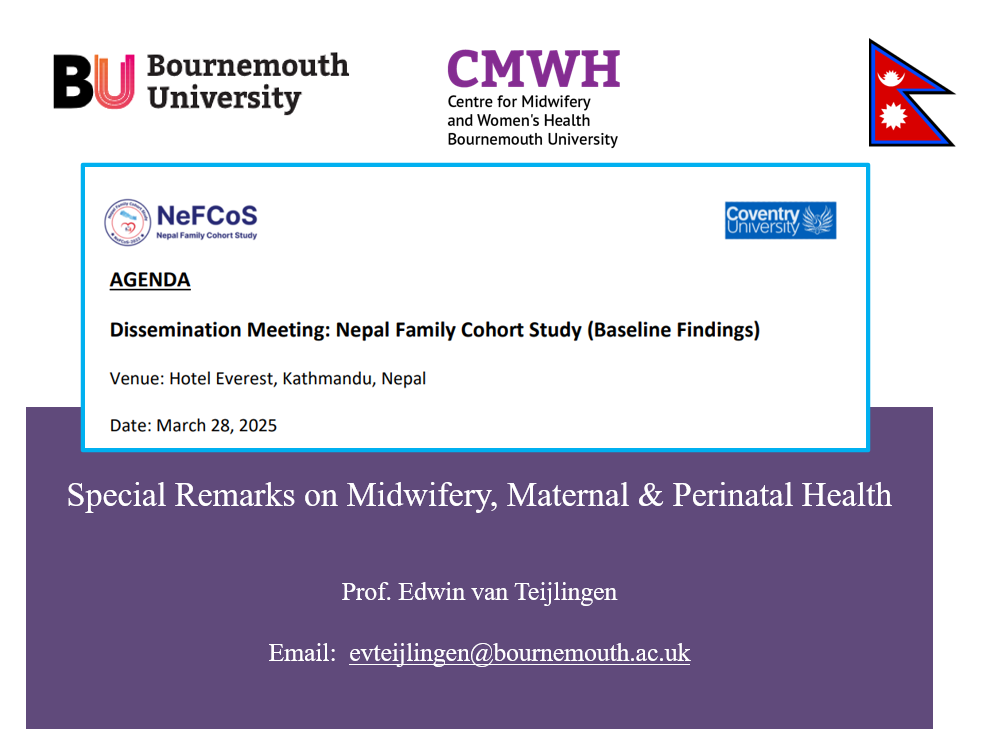
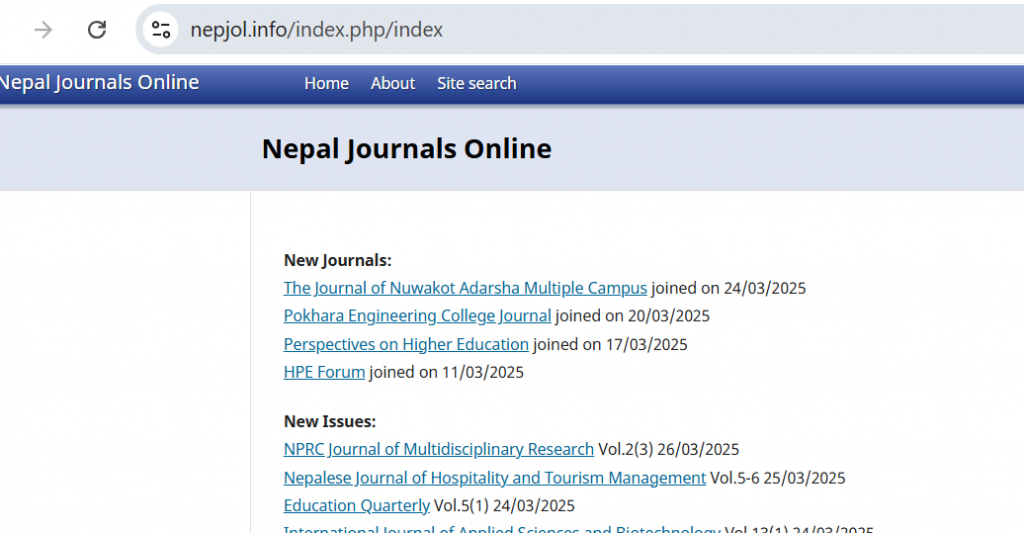


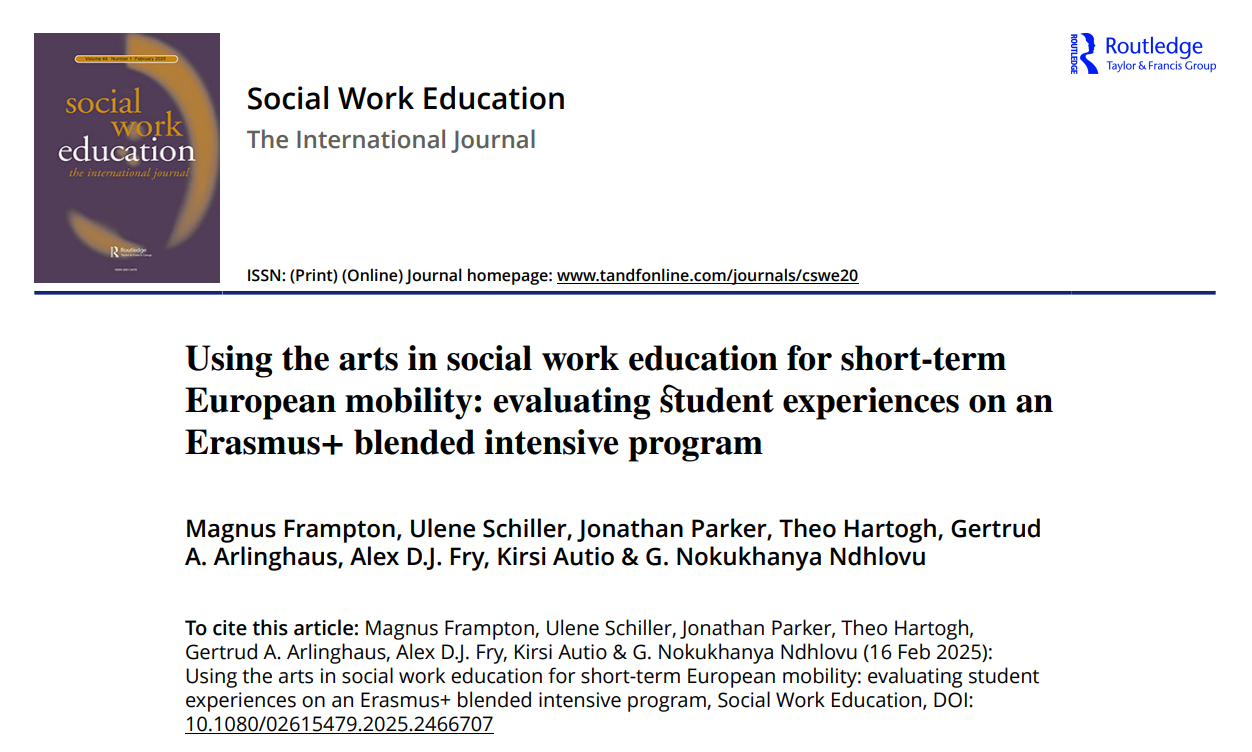
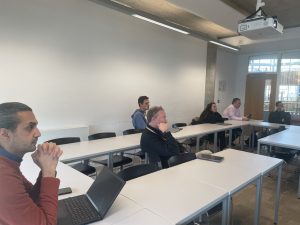
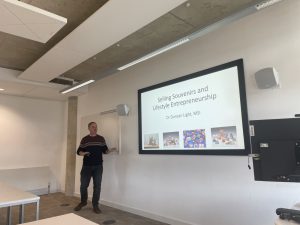
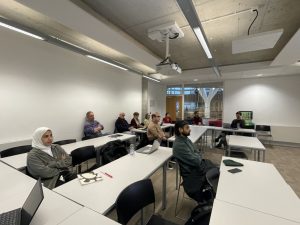
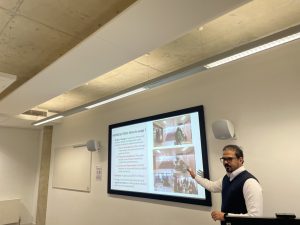
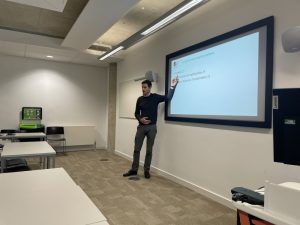
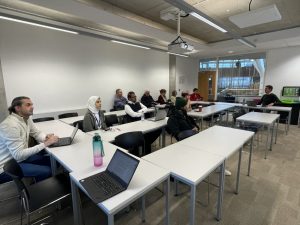
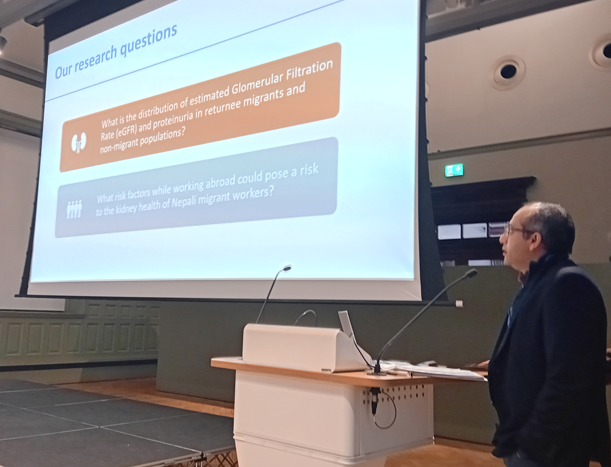
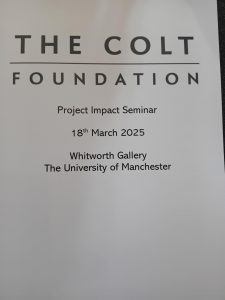
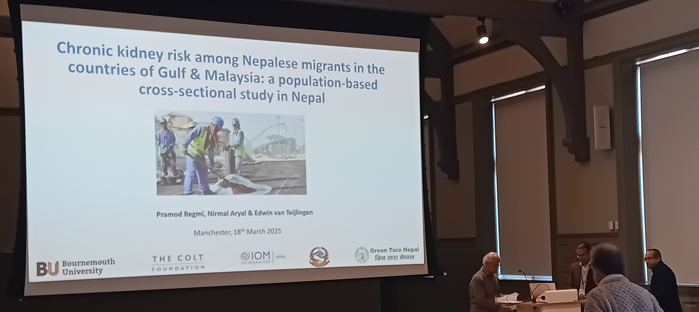


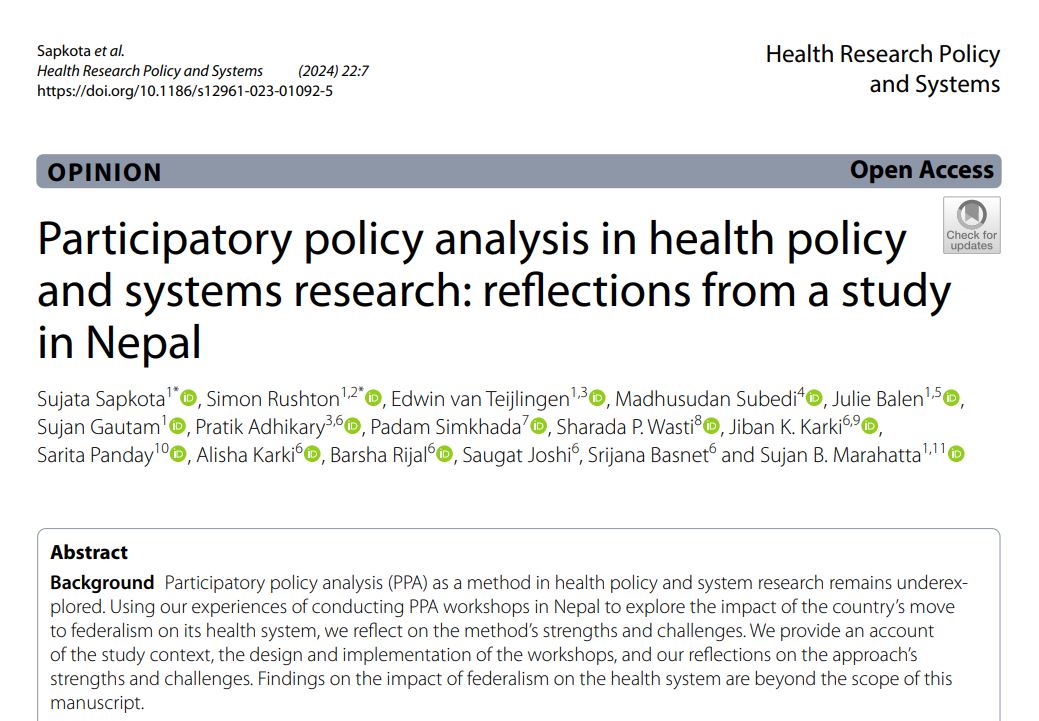
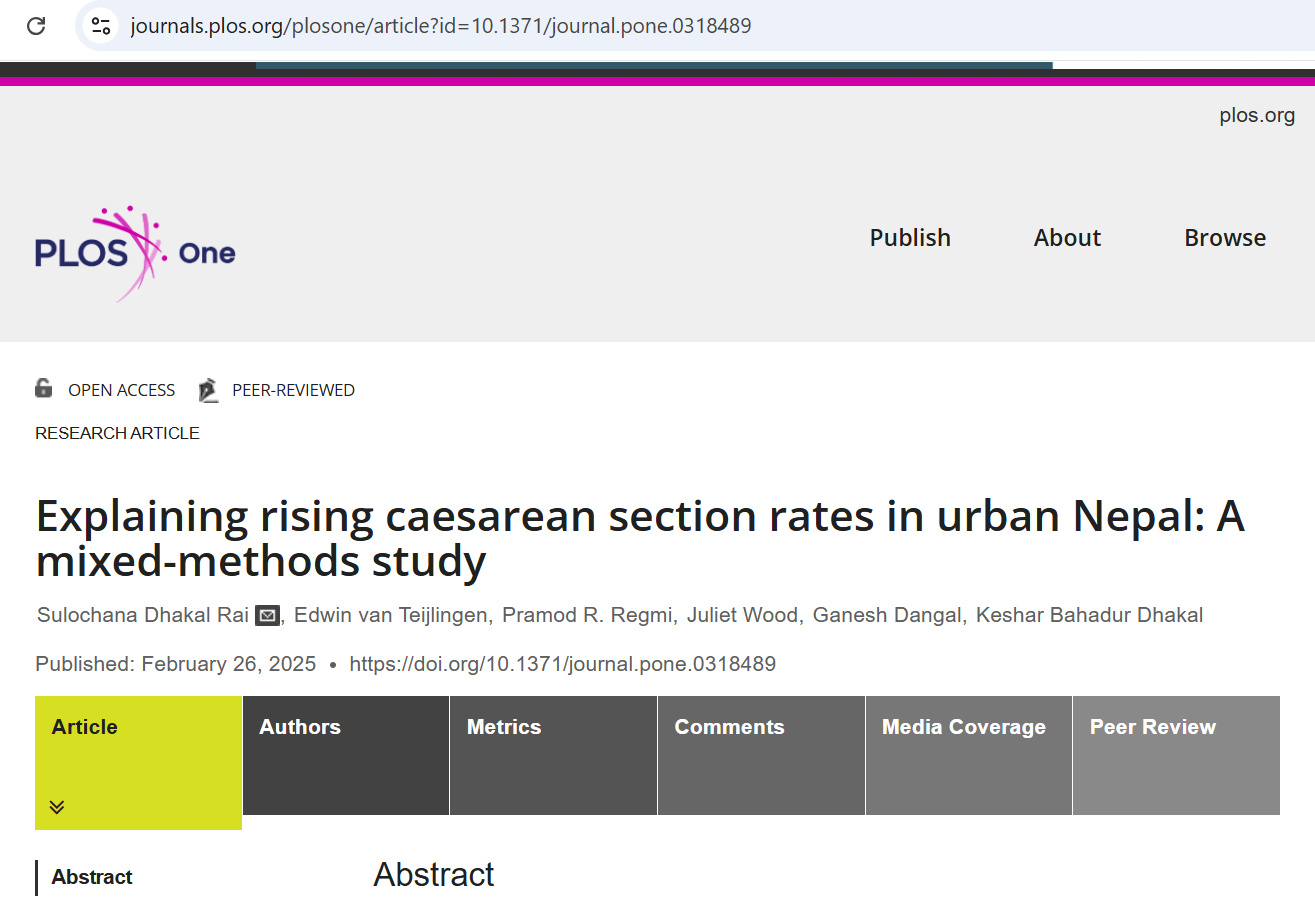
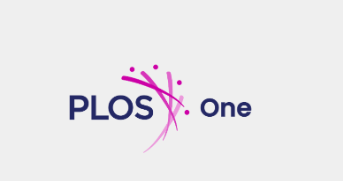
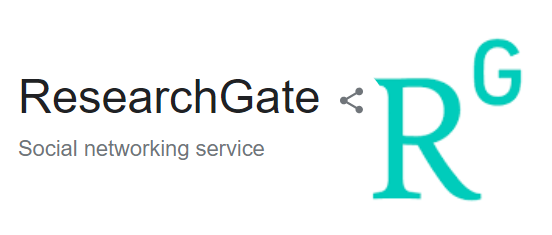
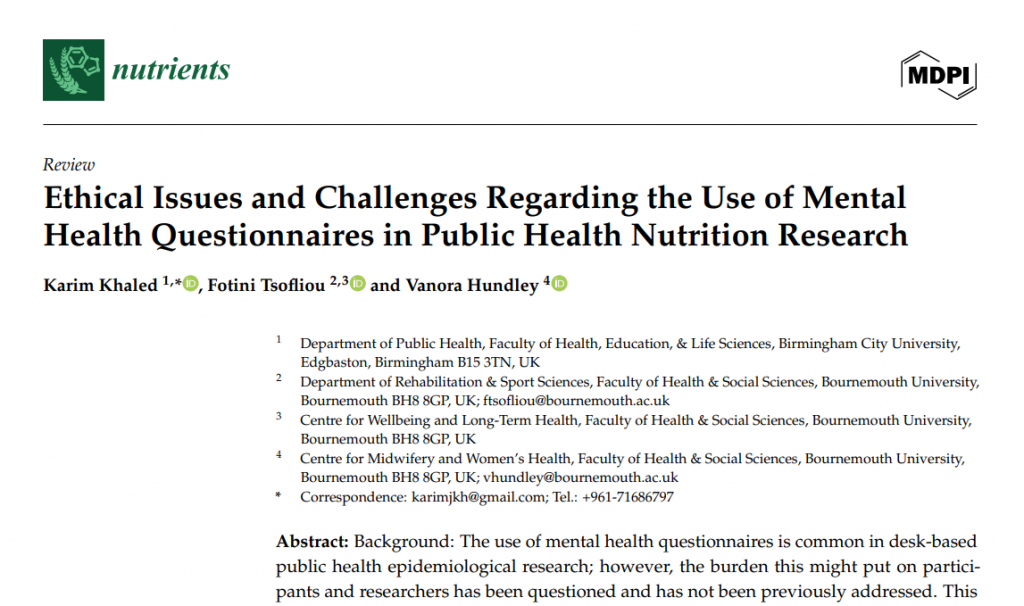
 Preventative measures to reduce these challenges include choosing appropriate cut-off scores for correctly identifying participants; highlighting whether mental health questionnaires used may elicit negative emotional or psychological reactions related to suicide ideation; specifying the criteria for referral to clinical services; detailing the intended referral processes; including approaches where the researcher directly connects participants with a psychological service provider; and including a passive referral method such as contact details for participants to initiate their own referrals to clinical care. The authors offer a guide for researchers aiming to collect data on mental health through questionnaires, and they conclude that ethical challenges should be considered and reviewed at all stages of the research project.
Preventative measures to reduce these challenges include choosing appropriate cut-off scores for correctly identifying participants; highlighting whether mental health questionnaires used may elicit negative emotional or psychological reactions related to suicide ideation; specifying the criteria for referral to clinical services; detailing the intended referral processes; including approaches where the researcher directly connects participants with a psychological service provider; and including a passive referral method such as contact details for participants to initiate their own referrals to clinical care. The authors offer a guide for researchers aiming to collect data on mental health through questionnaires, and they conclude that ethical challenges should be considered and reviewed at all stages of the research project.










 SPROUT: From Sustainable Research to Sustainable Research Lives
SPROUT: From Sustainable Research to Sustainable Research Lives BRIAN upgrade and new look
BRIAN upgrade and new look Seeing the fruits of your labour in Bangladesh
Seeing the fruits of your labour in Bangladesh Exploring Embodied Research: Body Map Storytelling Workshop & Research Seminar
Exploring Embodied Research: Body Map Storytelling Workshop & Research Seminar Marking a Milestone: The Swash Channel Wreck Book Launch
Marking a Milestone: The Swash Channel Wreck Book Launch ECR Funding Open Call: Research Culture & Community Grant – Application Deadline Friday 12 December
ECR Funding Open Call: Research Culture & Community Grant – Application Deadline Friday 12 December MSCA Postdoctoral Fellowships 2025 Call
MSCA Postdoctoral Fellowships 2025 Call ERC Advanced Grant 2025 Webinar
ERC Advanced Grant 2025 Webinar Update on UKRO services
Update on UKRO services European research project exploring use of ‘virtual twins’ to better manage metabolic associated fatty liver disease
European research project exploring use of ‘virtual twins’ to better manage metabolic associated fatty liver disease